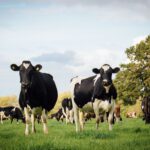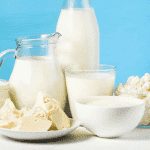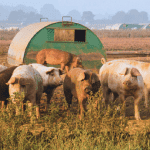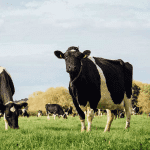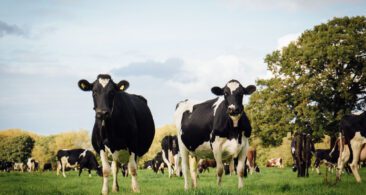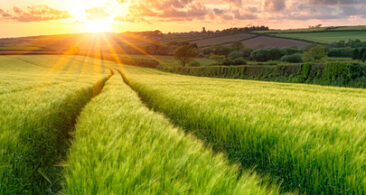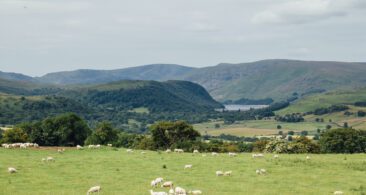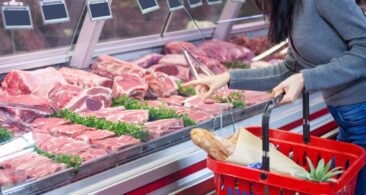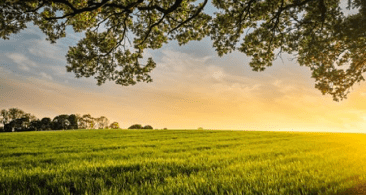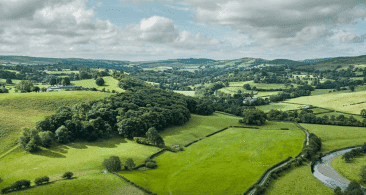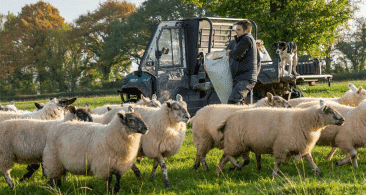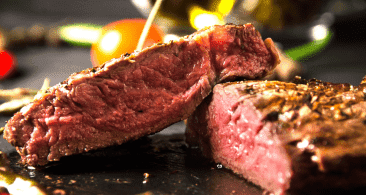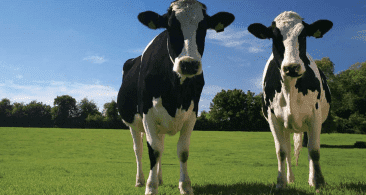In 2020 WRAP, an organisation committed to cutting waste and improving the way we use natural resources, gathered 40 organisations across the UK meat industry to form Meat in a Net Zero World. The mission for the group is to improve the way they butcher, pack, and transport meat products, in order to reduce the amount of meat thrown away and minimise carbon emissions.
Even though red meat and milk produced in the UK are among the most sustainable foods in the world, the industry agreed it could do more to cut carbon emissions and reduce food waste.
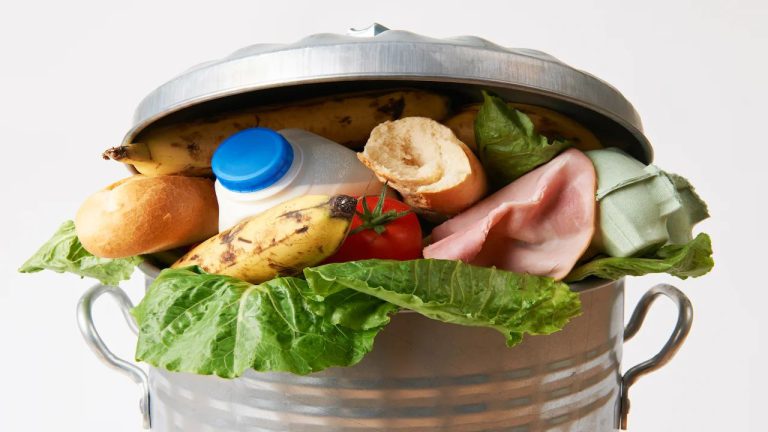
Did you know?
Did you know every year 6.6 tonnes of household food waste is thrown away? Almost three quarters of this food could have been eaten. And while one of the lowest, a staggering 400,000 tonnes of meat is wasted every year in the UK, mostly in the home.
Has it made a difference?
In its first 12 months since the Meat in a Net Zero World group was formed, real benefits have been seen. All 40 members of Meat in a Net Zero World are setting carbon reduction targets and have reported improvements, with some organisations seeing as much as a 30% reduction in emissions intensity in a 12 month period.
New on-farm metrics have been agreed for poultry, pigs, beef, and lamb farmers, allowing them to measure and track their carbon emissions reductions effectively. Large food processors are reporting a 30% reduction in the amount of food wasted and are looking for ways to increase efficiencies.
Another positive benefit to the industry working together is that the amount of meat, fish and eggs being redistributed to charities has more than doubled. This results in the equivalent of an additional 10 million meals a year ended up on dinner tables instead of in the bin.
To find out more about Meat In a Net Zero World, click here. For more information about how the UK meat industry supports the environment, have a look in more detail here.
Love Food Hate Waste top tips
- Plan your meals before you go shopping. Planning ahead and calculating how much food you and your family really need will help reduce buying excess amounts.
- Make food last longer. By correctly storing items in the freezer, the fridge or in cool places, food will last longer.
- Know food labels. Foods with a Use By date can be eaten up until that date. However, eating food beyond this date is not safe. Foods with a Best Before date can be eaten after this date, but the quality of the food will not be at its peak.
- Take the chill. Swap fresh berries and vegetables for frozen, especially for smaller households, defrosting a portion at a time.
- Love leftovers. Use up any leftover veggies in stews or pies the next day. And throw any vegetables that need eating together into a stir-fry for a speedy eat-'em-up option.
Learn more about sustainability in UK farming
There is plenty more for all of us to learn about food waste and sustainable eating, so let’s do it together.
